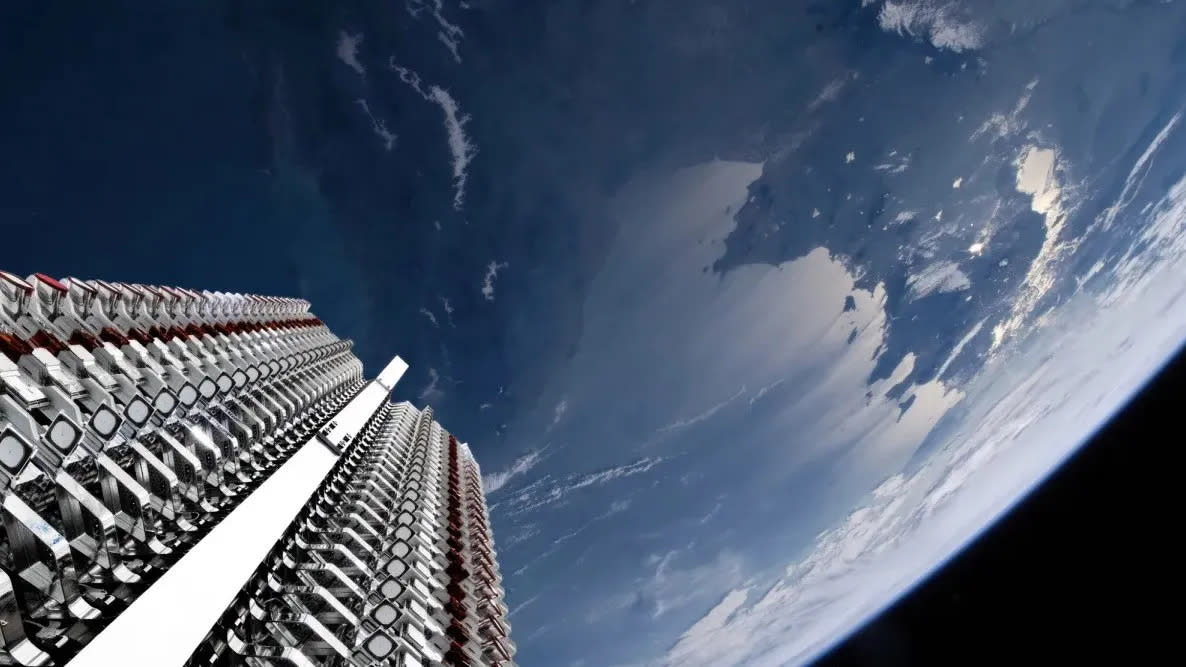SpaceX Starlink satellites doing just fine after weekend solar storm, company says

SpaceX's Starlink fleet survived solar storms over the weekend.
Starlink broadband satellites, which number nearly 6,000 in orbit, all came through after intense solar activity sparked auroras and other signs of space weather across the world, including unusually far into the southern United States.
"All Starlink satellites on-orbit weathered the geomagnetic storm and remain healthy," SpaceX officials wrote Sunday (May 12) on a statement on X, formerly known as Twitter.
That is no small milestone, given part of the fleet suffered an issue after a solar storm in 2022. The solar storms over the weekend caused other satellite issues unrelated to Starlink, however. The New York Times, for example, reported farming equipment being affected by GPS outages just as planting season reaches its peak.
Related: 'Extreme' solar storms cook up sweet Mother's Day auroras for Moms everywhere
In February 2022, a Falcon 9 rocket launched 49 Starlink satellites. The next day, a geomagnetic storm increased the density of the atmosphere, unexpectedly increasing the drag force on the satellites. Most were doomed to fall back to Earth.
"Preliminary analysis show the increased drag at the low altitudes prevented the satellites from leaving safe mode to begin orbit-raising maneuvers, and up to 40 of the satellites will reenter or already have reentered the Earth's atmosphere," SpaceX wrote in an update at that time.
RELATED STORIES:
— Starlink satellites: Facts, tracking and impact on astronomy
— Starlink close encounters decrease despite ever-growing number of satellites
SpaceX just launched its latest batch of satellites on Sunday (May 12). It sent 23 more Starlink satellites to orbit from Florida's Cape Canaveral Space Force Station. Those Starlinks appear to be doing fine so far; SpaceX previously said that better weather forecasts would be needed to protect the fleet from future solar storm incidents.
Sunday's launch was already the 49th orbital mission of 2024 for SpaceX, with 33 of those launches devoted to Starlink. The constellation consists of about 5,900 working satellites.

